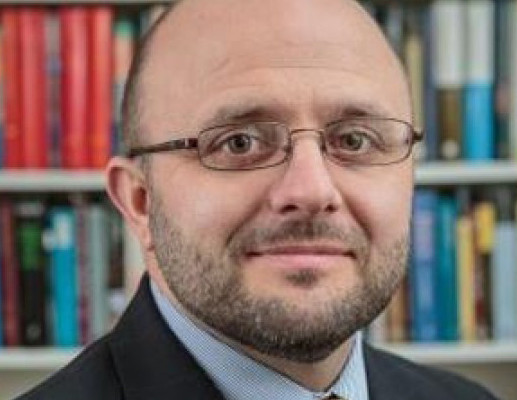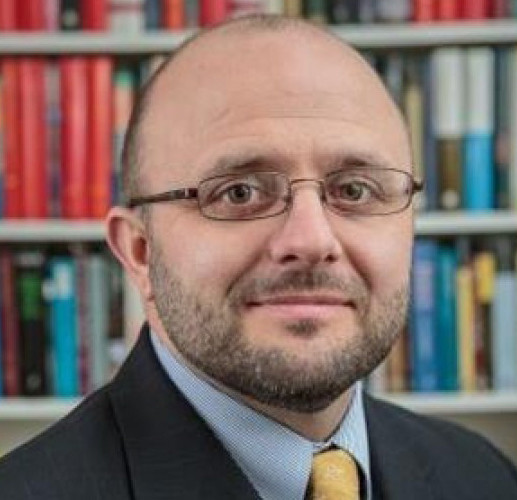 By Jason Coker
By Jason Coker
This time of year in Christian circles all over the world, faithful followers of Jesus are trying to spend some time thinking about what it means for God to become human flesh in the Nativity. That is, of course, when we are not being swept off our feet in the hustle and bustle that is Christmas. Even while I write this, I haven’t bought one Christmas present for anyone — pray for me!
Of course, we all know that’s not what Christmas is really all about. If we get a chance, on our best days, we might have a little time to think about the birth of Jesus and the theological implications of the incarnation. It is certainly a pivotal concept in our Christian faith.
Most, however, don’t have time to think about such things, and if they do have a spare moment, the incarnation is probably not breaking into the most pressing issues of their day that hold their attention. The headlines and sound bites that clutter our minds and occupy much of our thinking have to do with Donald Trump, Syrian refugees, ISIS, terrorism, Russia, racism, etc. I’m sure I’m leaving something out due to my limited scope and vision, but you see where I’m going, right? Who has time to think theologically when you have to do all this stuff to get ready for Christmas and pay some attention to local, national and global news? I mean, if you are reading this now, you already have some extra time on your hands! Congratulations, and thank you for using your time to read this.
All jokes aside, the incarnation can provide an important place for Christians to ask a slightly different question. Rather than the traditional Christian questions related to God becoming human, we could also ask ourselves a question: what does it mean for me to be a human being? How do I exist in the world? What kind of person am I going to be? In the face of our modern headlines, I think these questions about our own humanity are not just appropriate, but critically important.
So much of our lives right now seem to be consumed with reaction. We see things that happen — often bad things — and we react. Our reactions are a better judge of who we are most of the time, which hopefully causes us to carefully consider our intentionality as human beings. Who are we intentionally being?
When I was in college, I read Dr. King’s “Letter from Birmingham Jail” in a book of assorted writings from the civil rights movement. What was also in that book was the pledge that college students would have to take before they could march with Dr. King. “I will not retaliate if police beat me. I will not retaliate if police dogs are unleashed on me. I will not retaliate if high pressure water hoses are used against me.” I thought about the students that signed that pledge, who were the same age as I was when I was reading it. They made up their minds what kind of persons they were going to be. They decided that no matter what, they would be people of peace for the sake of justice. They would not resist the evildoer, they would not repay an iniquity with an iniquity, they would trade love for hate, and goodness for evil.
I found that, and continue to find that, particularly meaningful. These young college kids intentionally decided who they were, what kind of person they were going to be, and changed the world.
Instead of continuously reacting to the next headline, I think it is important for people of faith to figure out who they are in the first place. When God became a human, what kind of human was God? Did that human God walk around stoking the flames of fear, anger and hate, or did God in human form say, “Do not be afraid and love your neighbor.” I don’t mean to sound like this is easy! To be a person of goodwill, generosity, love and humility takes work. These traits and characteristics are certainly within all of us — it is the trace of that divine image — but it takes real discipline to make them our default mode of existence.
As we focus on the kind of person God was and the kind of person we want to be, these meditations manifest themselves in actions. These actions and reactions are not based on what happens to us or what we hear in the media, they are based on the core of who we are as people of faith. While the world and our lives can certainly shake us to our core, what it finds when it gets us there is something unshakable.
Like those young college kids in the 1960s, people of faith need to determine who they are going to be. Will we be people who reflect the humanity of our God? Will we forget the disciplines of our faith and follow the hollow voices of fear, anger and hate? If you are anything like me, it depends on the day! I want to be good, I want to be loving, I want to be peaceful, I want to be courageous, and I want to be nice. I don’t know why it’s so hard for me to be these things! It’s as if these things take practice.
Lord, help me.


